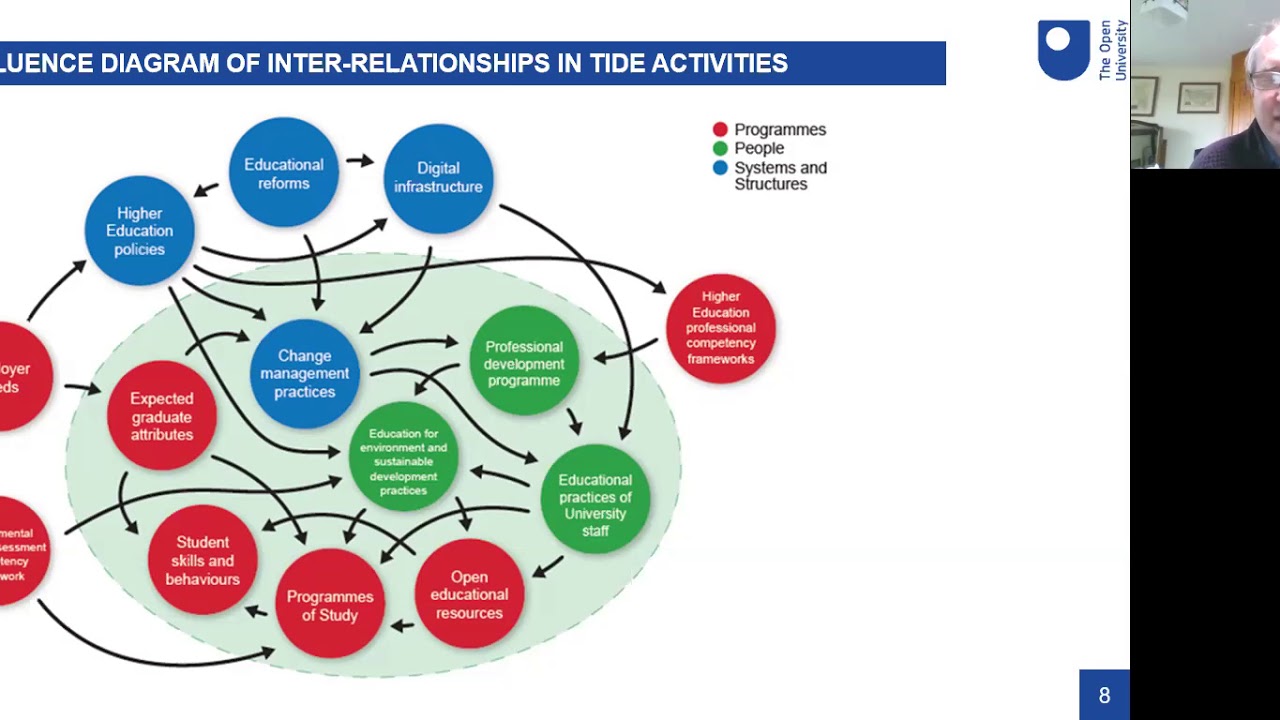Authors: Andy Lane, Bobo Lwin, Rachel Slater
Institutions: The Open University, TheOpen University
Country: United Kingdom
Topic: Global Collaboration, Strategies, & Policies in Open Education
Sector: Higher Education
UNESCO Area of Focus: Inclusive OER
Session Format: Presentation
Abstract
Education for All has been a concept at the heart of international development since 1990 and has found its latest instantiation within the Sustainable Development Goals (SDGs) as SDG 4 ‘Ensure inclusive and equitable quality education and promote lifelong learning opportunities for all’. Open education, in the form of resources and practices are both seen as contributors to SDG4 as promoted by the 2nd World Open Educational Resources Congress. The ambition for open education to contribute to the SDGs is clear as is the ambition in target 4.7 to ‘ensure learners acquire knowledge and skills needed to promote sustainable development by 2030’, which is commonly known as education for sustainable development (ESD). This paper draws on insights from the first two years of the Transformation through Innovation in Distance Education (TIDE) project and the first year of a PhD studentship to reflect on how ESD is currently conceptualised within a low income country undergoing transformation supported by international investment and the potential impacts of open educational resources (OER) from developed countries on the ways ESD might be incorporated into programmes of study and taught within the Myanmar higher education system. TIDE aims to improve the quality and relevance of the distance education system in Myanmar and involves the participation of 40 Universities and colleges spread across the country. At the heart of TIDE is a professional development programme for over 300 academic and support staff from these universities where they are learning about and practicing modern technology enhanced learning practices through engagement with OER. Participants are being both students, studying OER (as online courses), and, as course developers, reviewing, reworking, revising and creating de novo OER (as online or print/AV based courses). These OER are focused on the domain of Environment and Sustainable Development to help in the reform of curricula but also to give participants valuable experience in developing and reflecting on their professional skills which they in turn can help colleagues to also develop and reflect on. The PhD studentship is investigating challenges in the integration of ESD in Myanmar higher education.Keywords
Open educational resources, education for sustainable development, sustainable development goals
